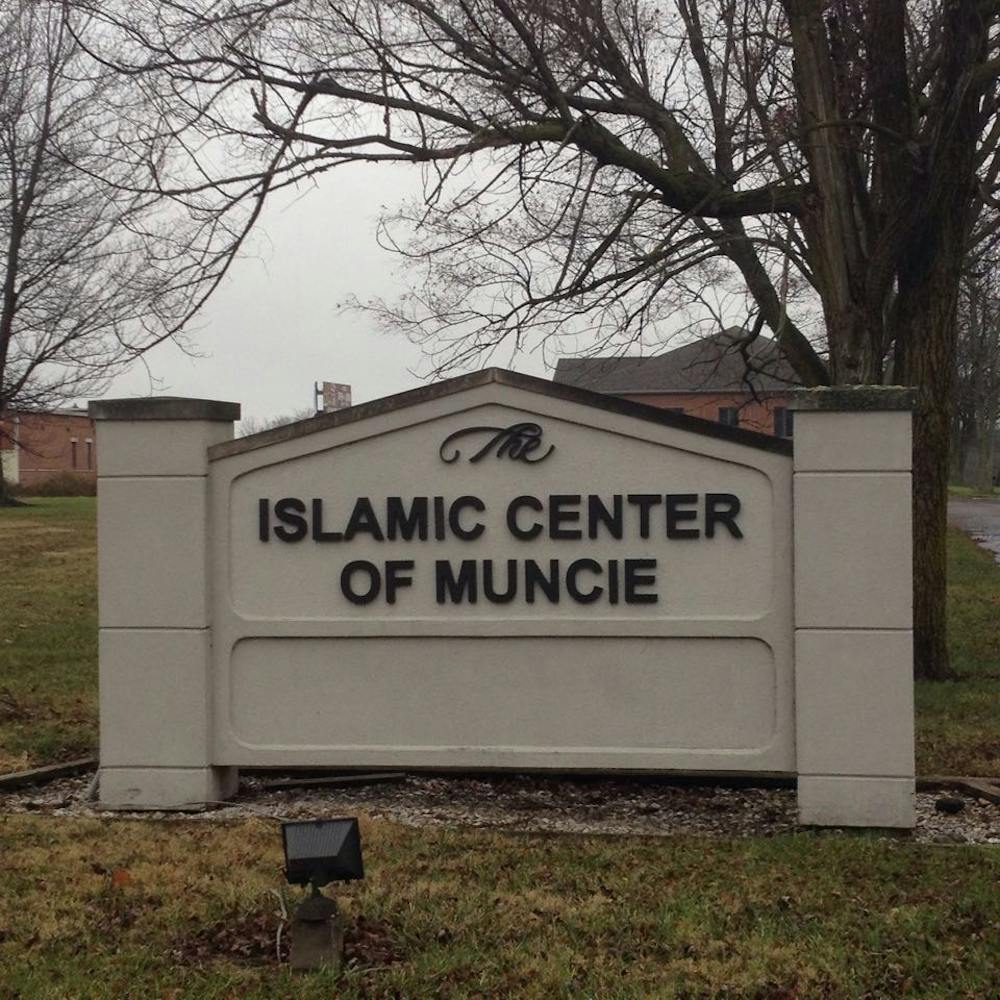As hate crimes continue to occur across the U.S. and the world, cities and universities are stepping up to ensure everyone feels welcome.
Ball State and Muncie are hosting a town hall discussion on promoting peace in troubled times at 7 p.m. on April 1.
The Muncie City Council and Muncie Mayor Dennis Tyler passed and signed a resolution on March 7 to support religious diversity, tolerance and mutual understanding.
The resolution was created in response to increased anti-Muslim sentiment and an incident that occurred at the Muncie Mall in November, where a woman posted on social media that she was concerned of a terrorist attack after seeing two women in traditional Muslim robes and head coverings at the mall.
City Council member Alison Quirk said she proposed the resolution at the request of the mayor.
“The mayor worked with a group of concerned citizens that asked the city to take a stance on supporting those of various religions and celebrating our diversity in the community," Quirk said. "Unfortunately, we are seeing people being targeted for their religion and even being victimized across the United States."
The resolution is an extension of an ordinance that was made in May 2015 after Gov. Mike Pence signed the Religious Freedom Restoration Act. Quirk said the resolution became effective on March 7, right after it was passed and signed.
The Muncie Human Rights Commission had planned to discuss the resolution and the Muslim community in a meeting on March 17 at Muncie City Hall, but the meeting was canceled due to several commissioners’ participation in the St. Patrick’s Day parade that same day.
Yvonne Thompson, human rights executive director, said the incident at the Muncie Mall is not the way she wants Muncie to be portrayed.
“Stuff like this happening in Muncie is very alarming, to say the least," Thompson said. "Here in Muncie, we are trying to be forward thinking, be more welcoming. And you know, things have changed a lot for Muncie. I just think that something like that particular incident was very disturbing."
Miranda Martin, president of the Ball State Arabic Club and member of the Muslim Student Association, said she feels like Muslims felt safe living in Muncie despite the rising national anti-Muslim sentiment.
“There are a lot of really nice people here who are actually really helpful," Martin said. "I have a friend — and she’s also Muslim … [and] wears the hijab— she was with her husband and they got into car trouble, and she said that five people or more stopped to help her. They didn’t care that she was Muslim. She’s a human being who needed help."
Thompson said the resolution is broad so it can include all people of protected status.
“We’re just trying to make people feel welcome," she said. "You know, that’s a frightening thing — to think that your government is against you."
Muncie has a history of discrimination. According to Indiana’s official website, Muncie’s Jewish community faced discrimination in areas such as housing and employment up until the 1960s. African Americans have faced racism in Muncie since the late 1800s. There is still a white supremacist group located in Muncie, called the Southern European Aryan League Army, that promotes white separatist ideologies.
Thompson said she thinks Muncie’s history makes the prejudice against certain groups deeper than it appears.
“There continues to be a cycle of discrimination that is so crazy," Thompson said. "It’s just insidious. And that has to stop. We all bleed blood, we all have skin, we all have a heart, we all have a brain — that’s it."
Ball State will also host a peace conference April 1-2 where community activists and scholars will present strategies and recommendations for peace-building in the community.





